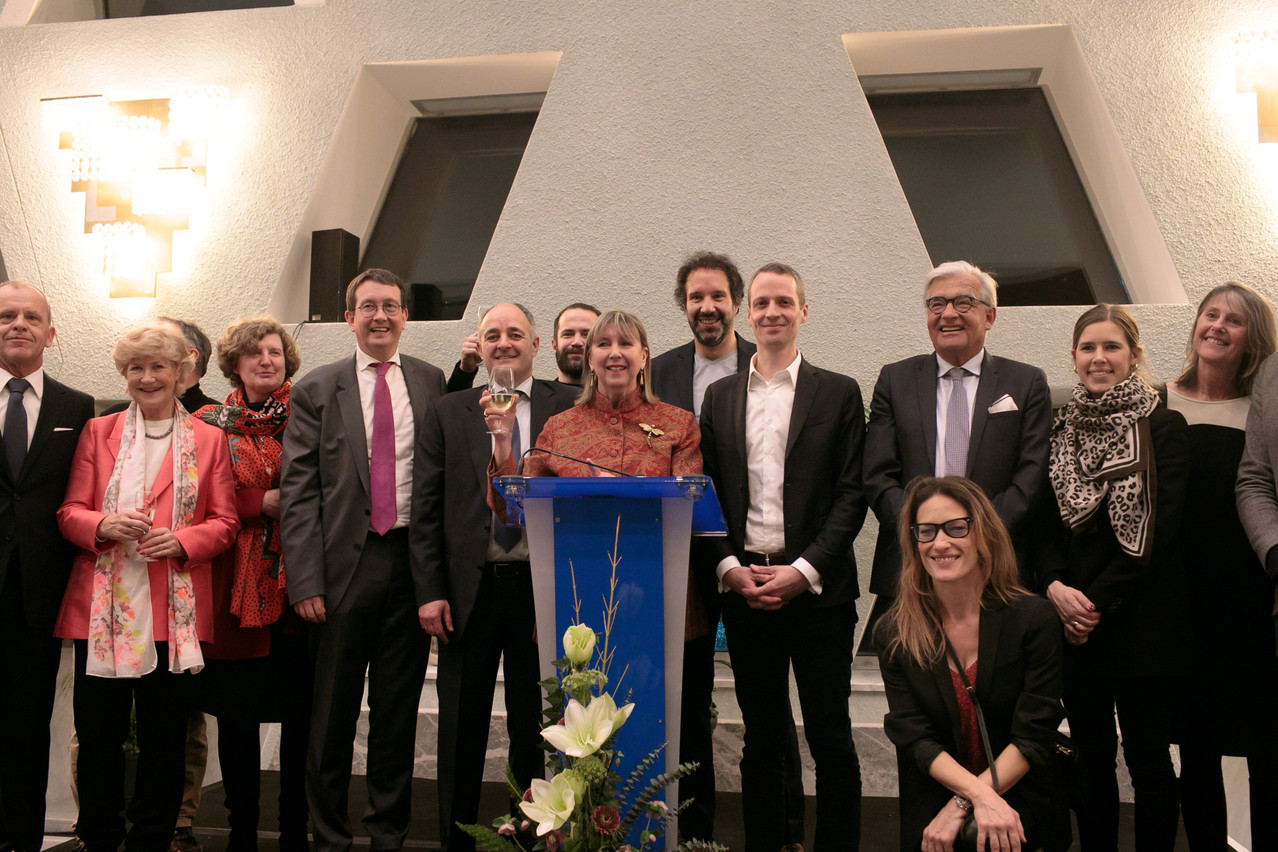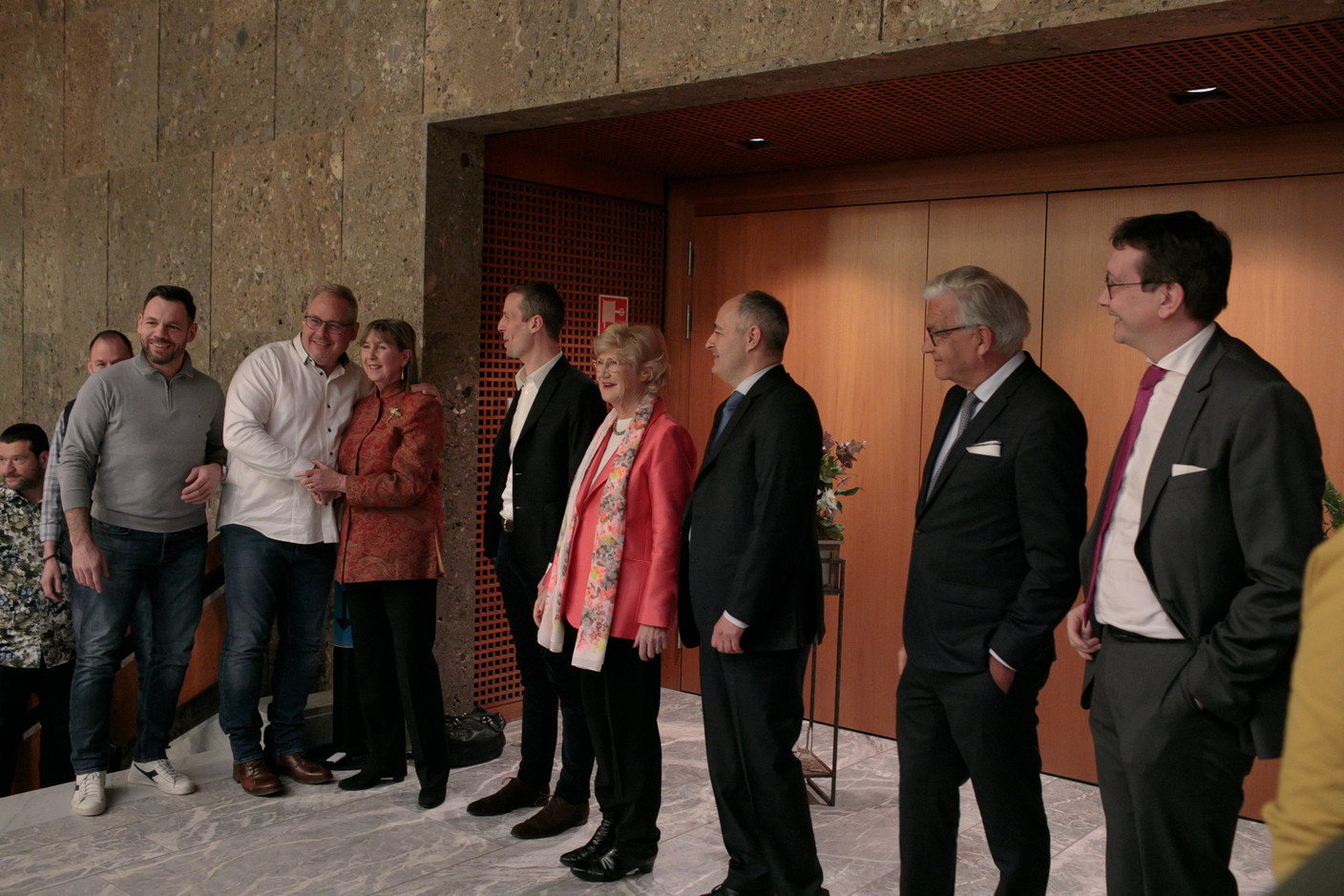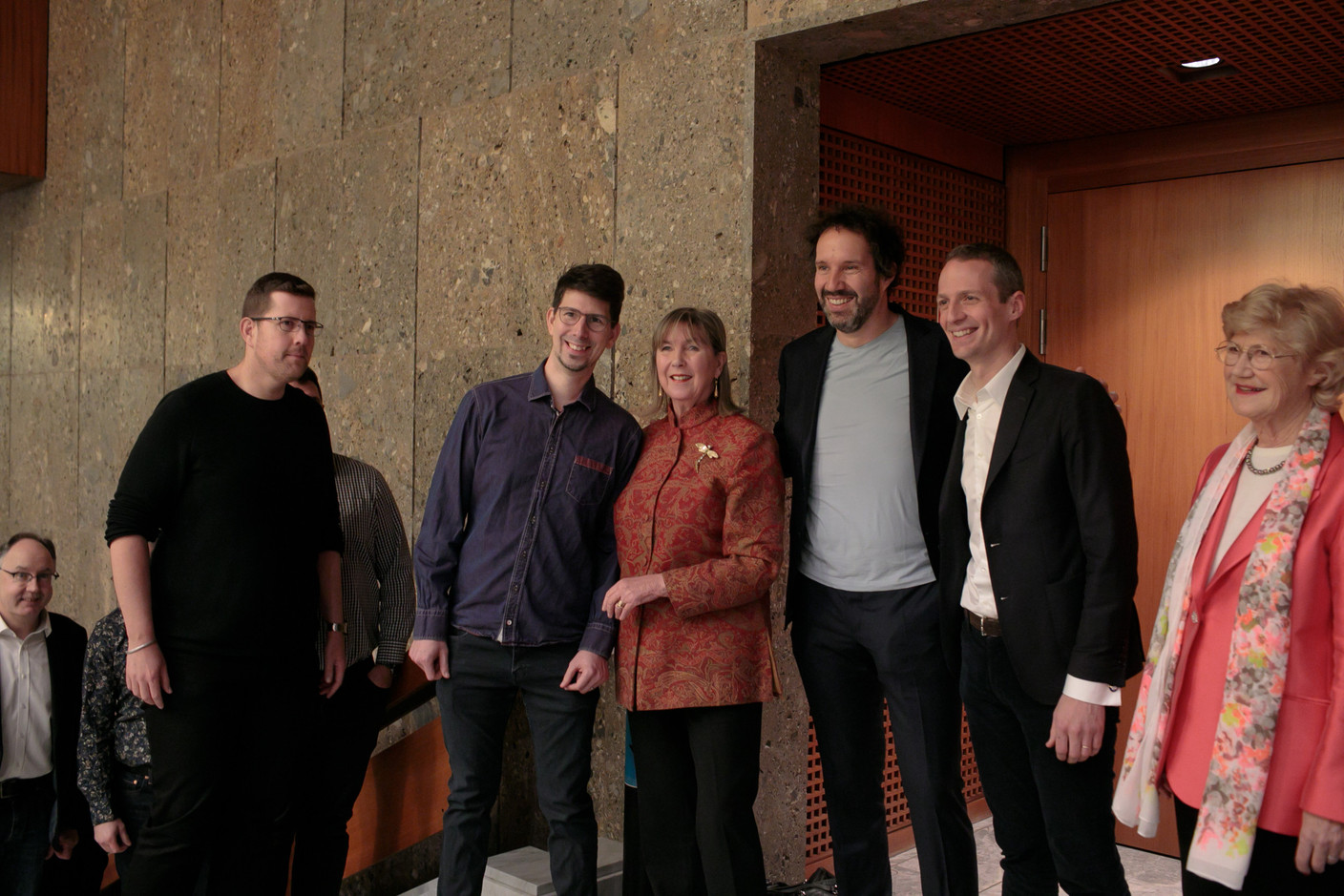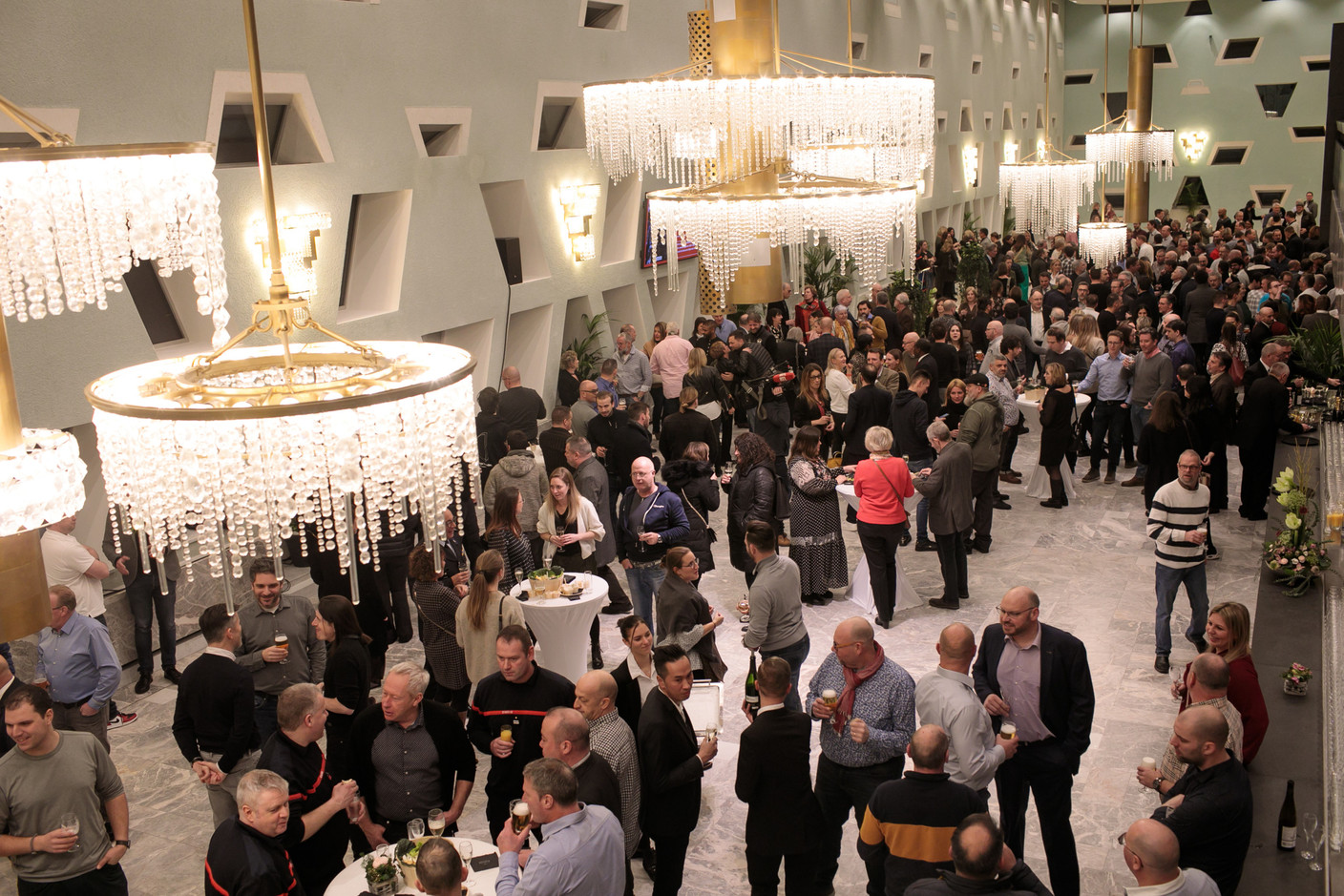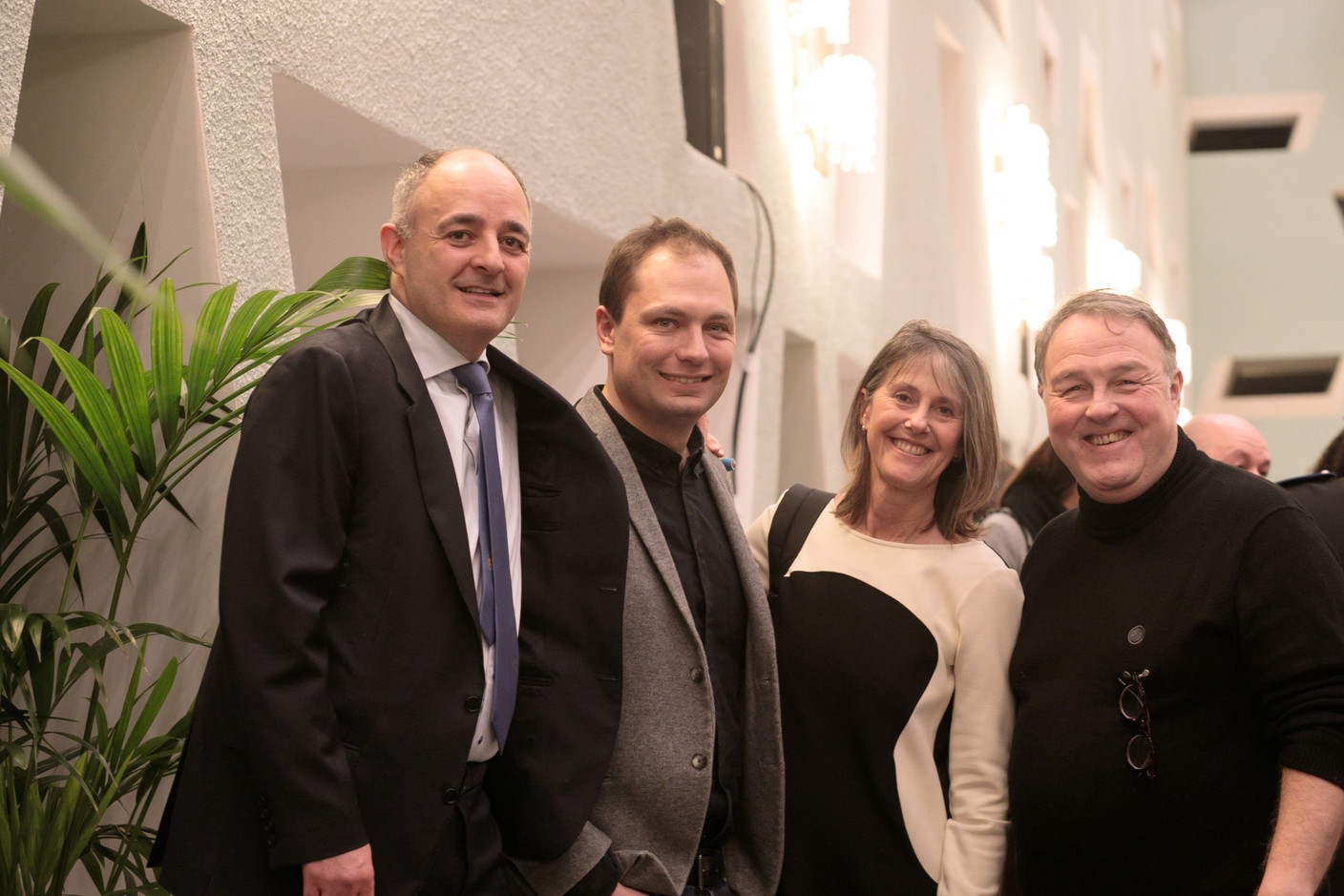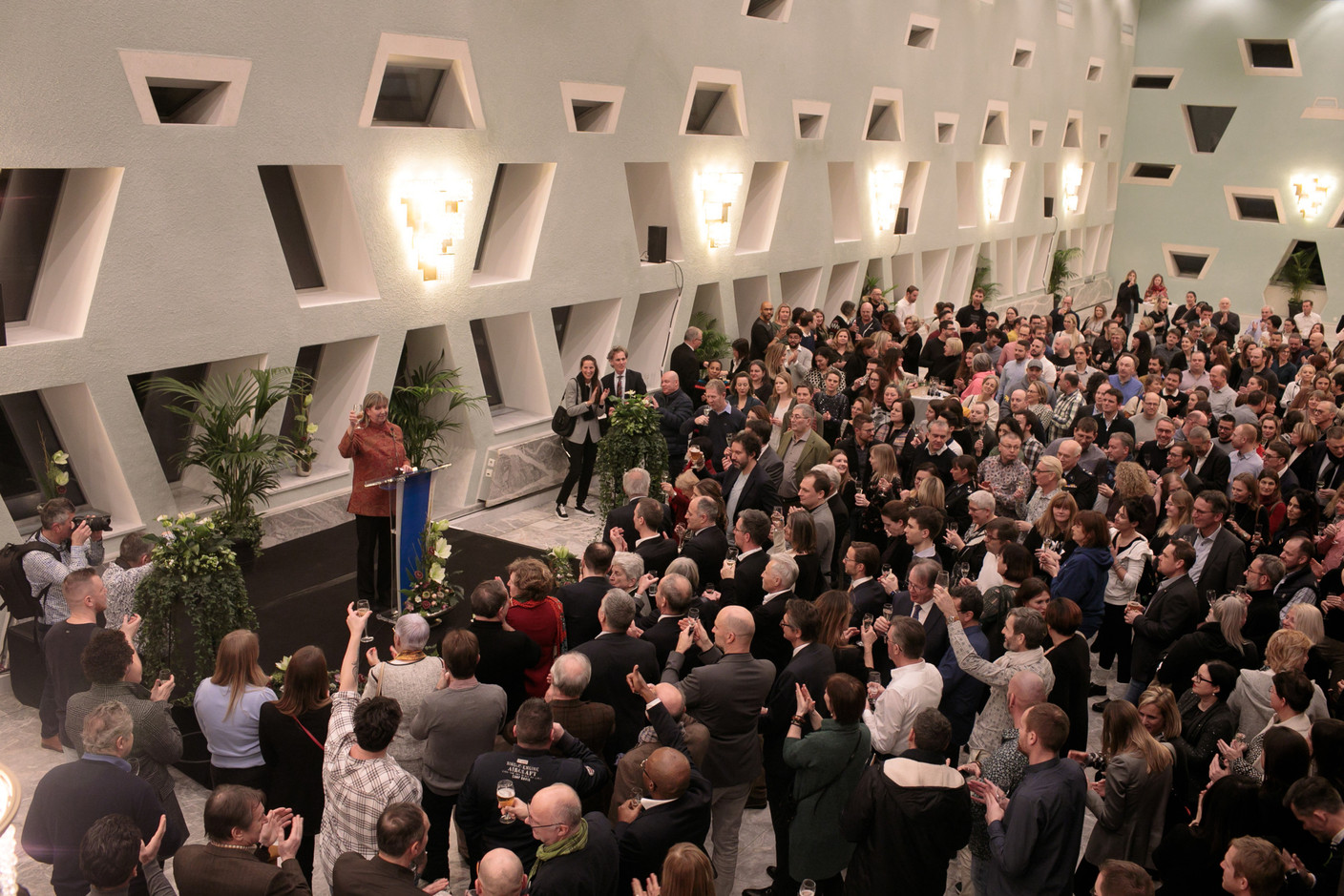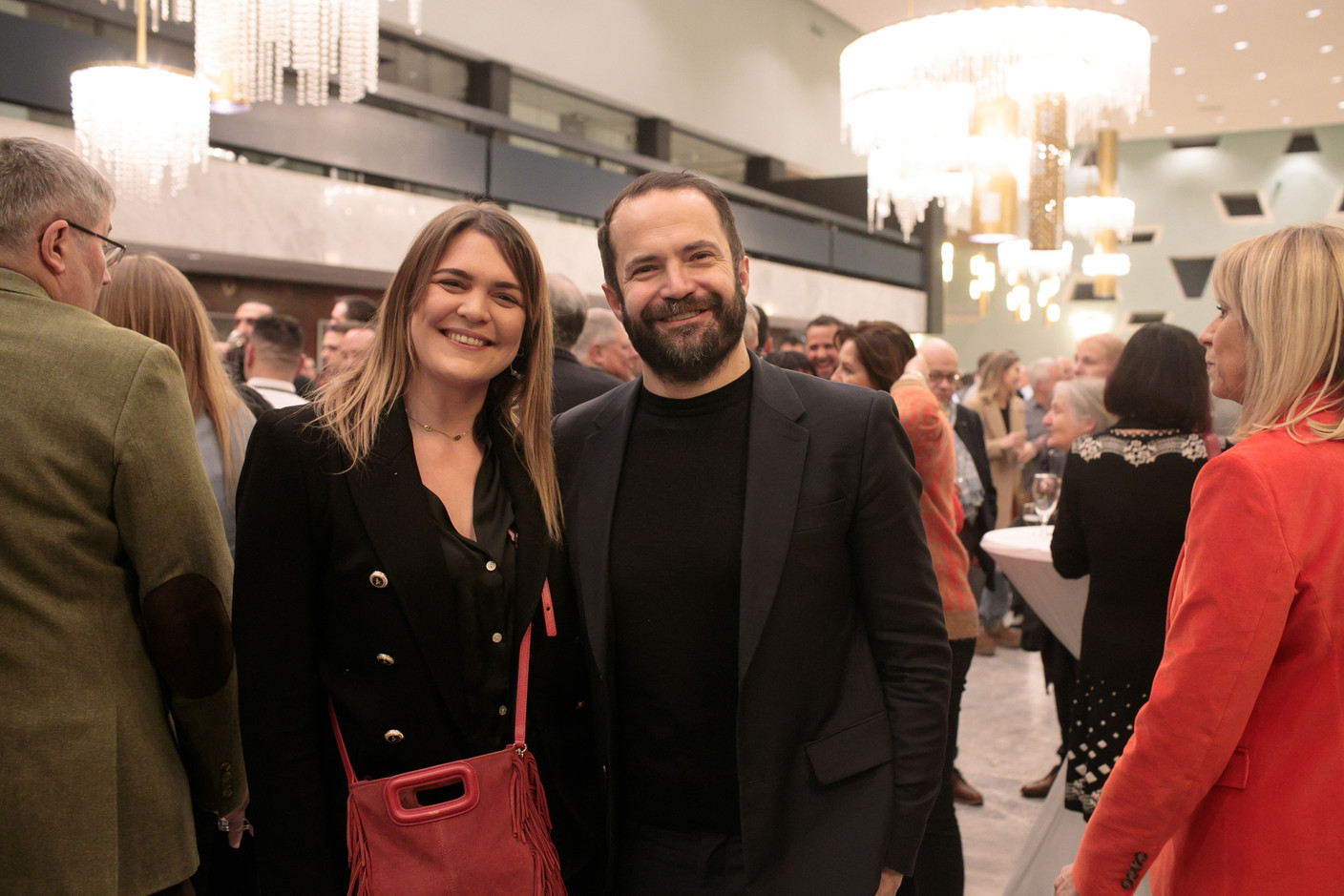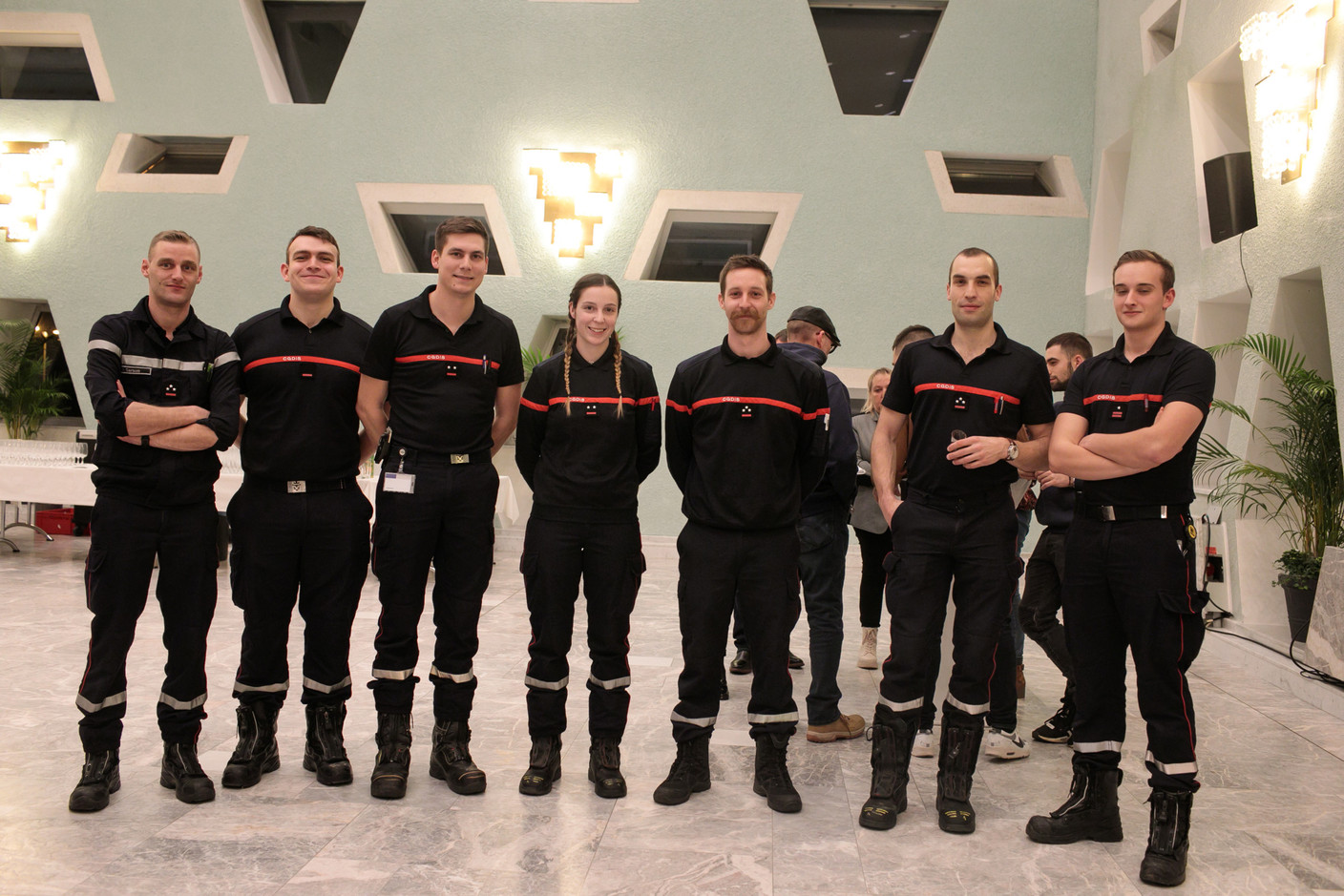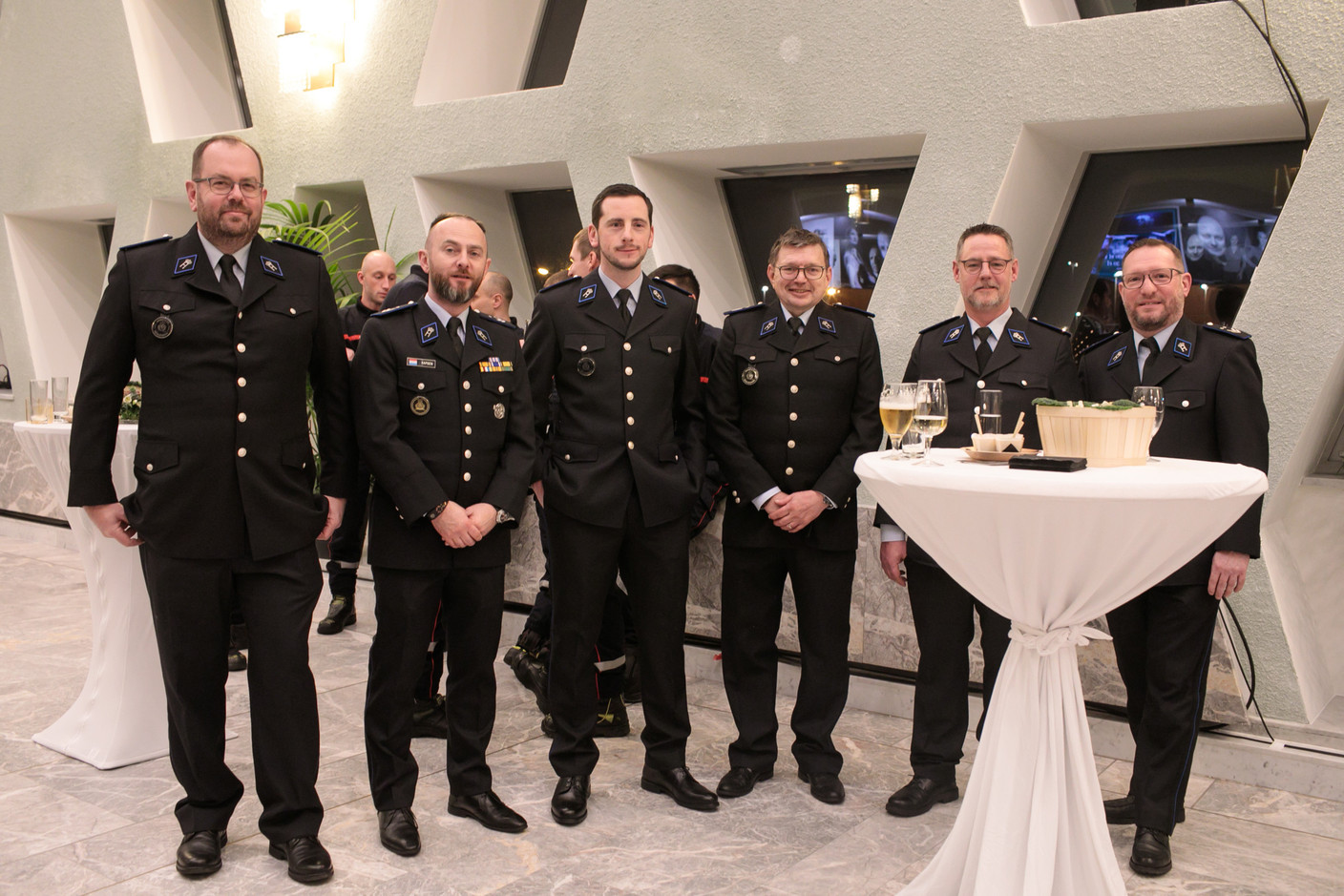Parliament last year scrapped a requirement that limited the right to vote to those who have lived in Luxembourg for more than five years, meaning that any foreign resident of voting age can in the local elections and cast their ballot this year.
“We have reached more than 70% of non-Luxembourg residents in the city,” said mayor Lydie Polfer (DP) at a new year’s reception on Monday. “There’s nothing in the way now.”
Polfer is once again running for mayor, a post she held between 1982 and 1999 and again since 2013. “We are in the process of setting up our teams, creating a resume of what we’ve done the last six years, the programme,” she said. “And we hope that our citizens give us their trust one more time.”
Polfer is running alongside Patrick Goldschmidt, who currently oversees mobility as alderman on the city council. Family minister Corinne Cahen is also running in the local elections. “Only together can we achieve the best result possible,” Polfer said. “It’s the citizen who decides who comes first, second, third or fourth, and we will respect that.”
“Key lever” for everyday life
The LSAP meanwhile is hoping to return to power in the capital for the first time in 40 years. “We are very motivated,” said Gabriel Boisante, who is running for mayor alongside Maxime Miltgen.
“People only need to look at the political landscape in the city. For 40 years, the same party has been in power. Has the security situation improved? No. Has the housing problem improved? No. Have we got better on mobility in regard to the co-habitation of cars, bicycles and pedestrians? No,” said Boisante.
The businessman, who owns popular venues such as Bazaar, Paname, Mamacita and Urban in the capital, only recently entered politics. “I live here, I’m a dad. I work here. I’ve created jobs in Luxembourg City. I’m involved in the cultural scene. I have a pretty good idea of what living in the city from morning until night means,” he said.
Communes have an important say in the development of infrastructure, such as roads but also housing. Local administrations can make or break business projects. They manage primary schools and essential services such as waste disposal.
“Local politics is the key lever to changing our everyday lives,” said Boisante. “We want foreigners to vote, not necessarily for us, but so that we don’t have a mayor voted into office by 12-13% of residents.”
“You are part of this city”
For Serge Wilmes (CSV), too, one of the challenges of the months ahead will be to motivate people to vote. “It’s a basic right,” he told Delano. “It’s become much easier and that’s a good thing.”
While Luxembourg nationals are automatically registered to vote, foreign nationals , no later than 55 days before the election, which is set for Sunday 11 June. Once registered, they must head to the polls either in person or by postal vote.
“You are part of this city. We are one community,” Wilmes, who is running for mayor, said. “The commune is your everyday life and things that impact your everyday life are decided in the commune.”
The CSV has been in power with the DP for the last six years, and Wilmes said the party would unveil its election programme in the spring. Housing, transport and security are set to feature high on the agenda.
With its role as the country’s capital, more is at stake perhaps than in some of country’s smaller municipalities. “It’s never only local; it’s also national,” Wilmes said about doing politics in the city.
Nearly 133,000 people live in Luxembourg City. A team of 4,269 staff at the commune manage the capital’s administration and deliver essential services.
Going multilingual
Déi Gréng spent the last six years in the opposition on Luxembourg’s city council after being in the decision-making seat together with the DP for more than two decades.
“We have good ideas and to implement them we need to be in power,” said Claudie Reyland, who tops the party’s list together with François Benoy, the Greens’ candidate for mayor.
The experience in the opposition has been frustrating, Reyland said, as the party was unable to push forward its ideas. But it was also a learning curve. “We will give everything we can,” she said of the upcoming ballot.
“What’s on the agenda? Transport, the cycling network, calming traffic in residential neighbourhoods for a better quality of life. Housing. Equality. There’s a lot,” she said. “I really hope that we will achieve a majority to sweep a fresh wind across this city.”
The Greens have already begun releasing election material in multiple languages, including English. “We must get the information across,” she said. “We must communicate, inform and motivate people.”
